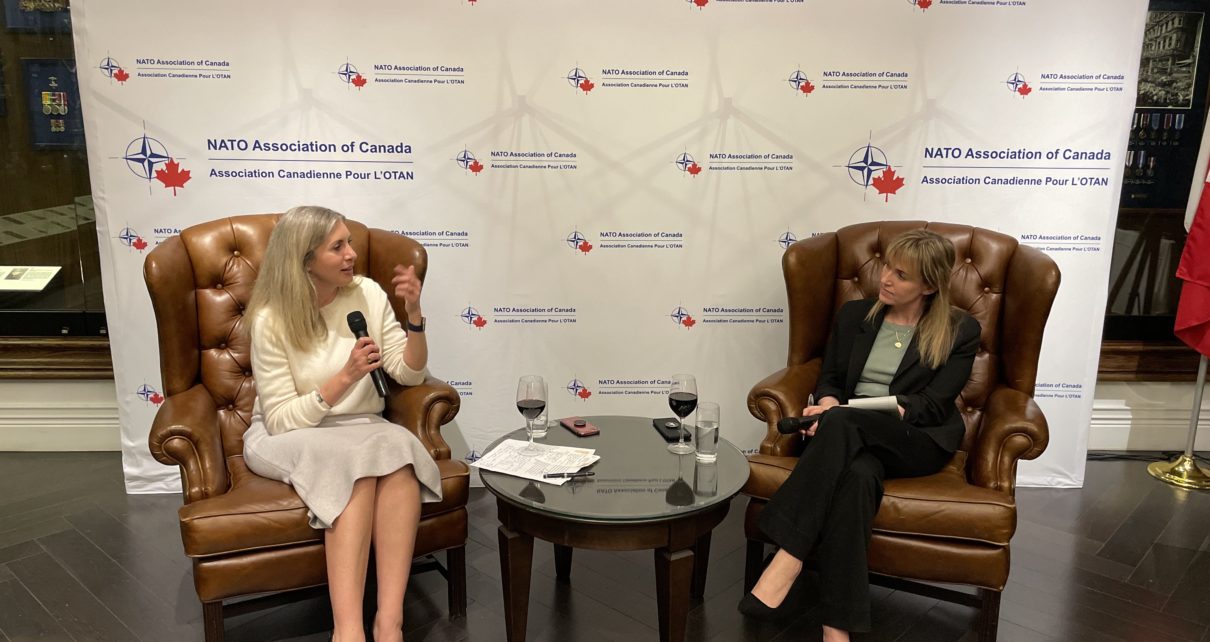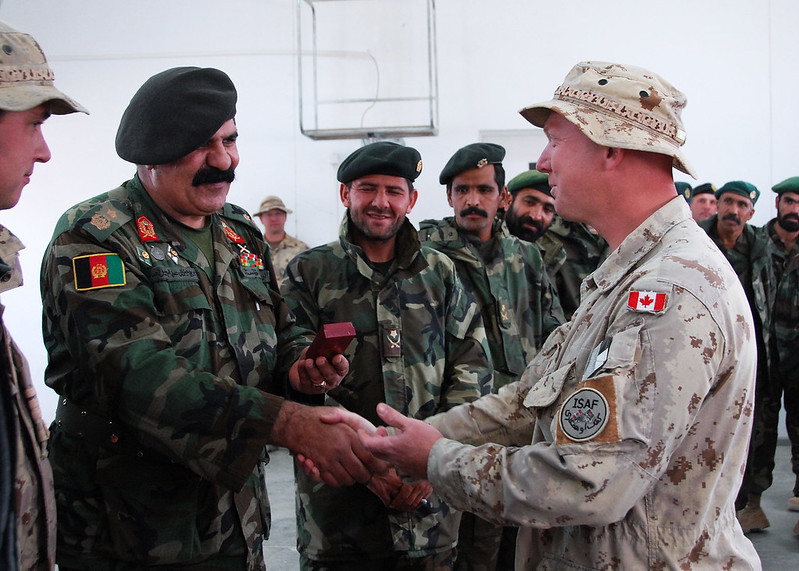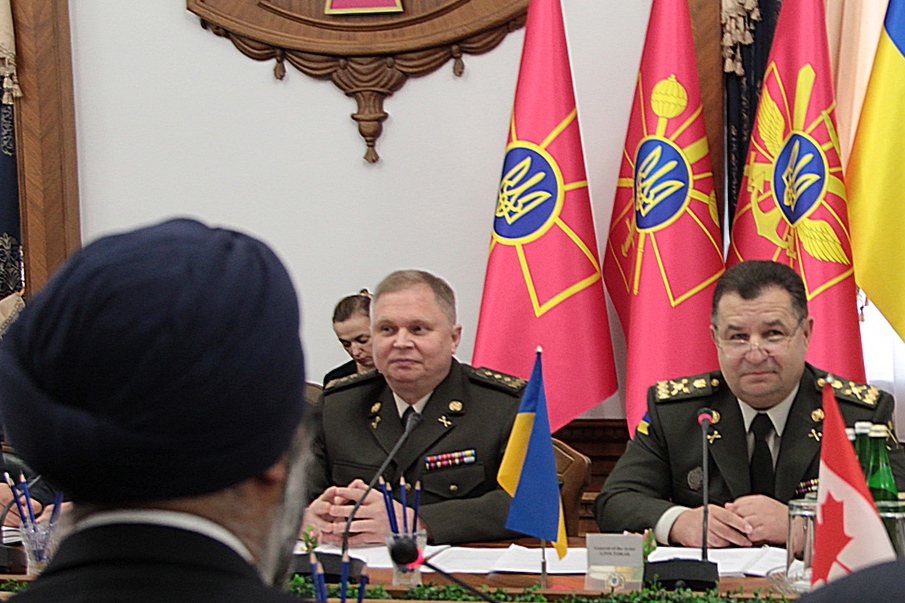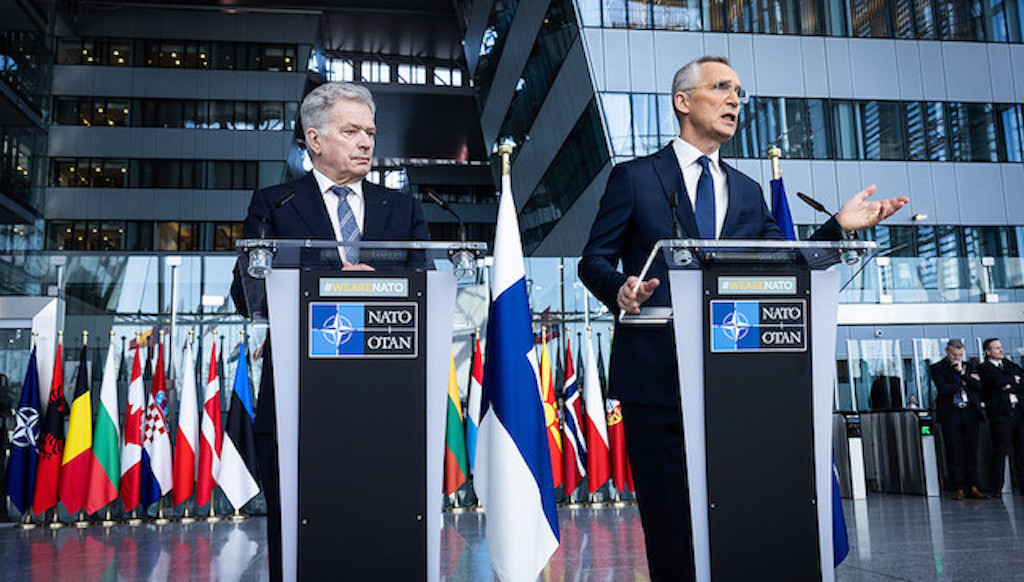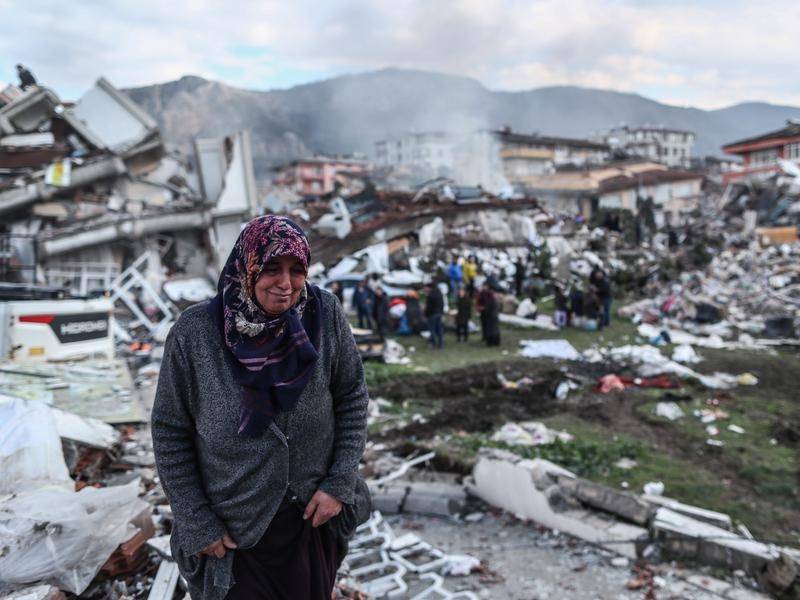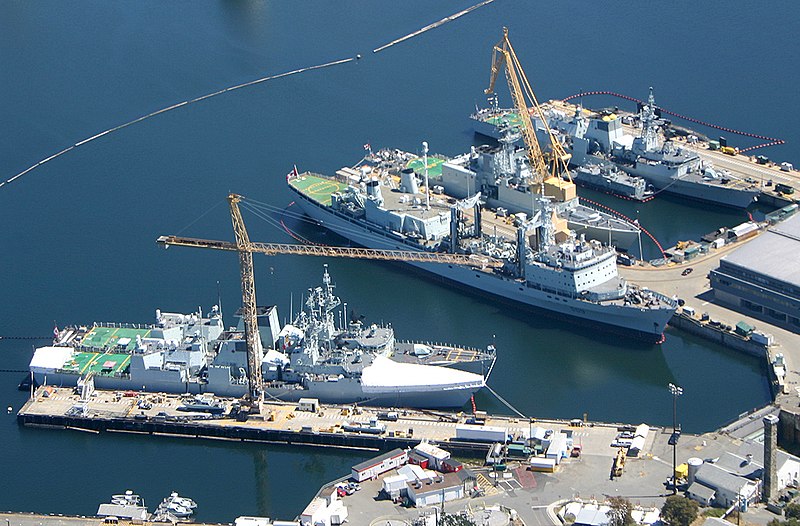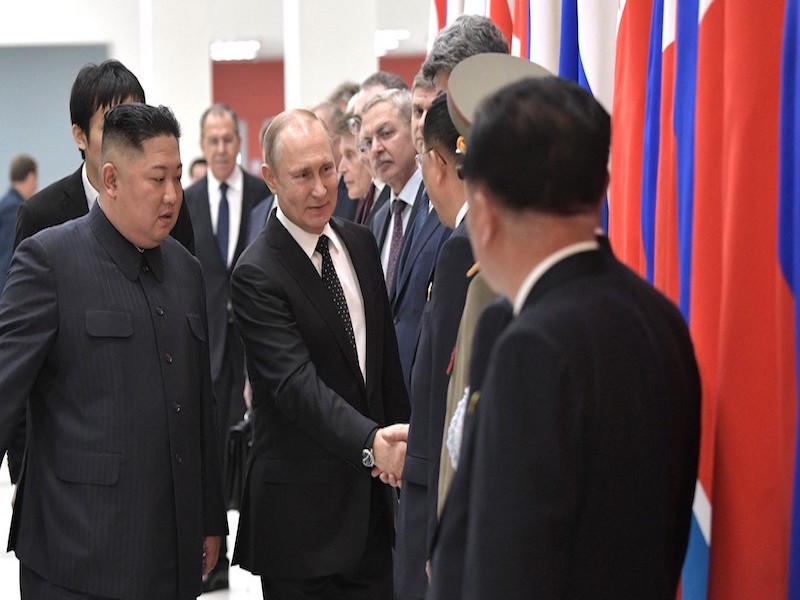On April 13, the NATO Association of Canada sponsored a book launch forDeploying Feminism: The Role of Gender in NATO Military Operations, the most recent book by Dr. Stéfanie von Hlatky, Associate Professor, Queen’s University, at the Royal Canadian Military Institute in Toronto. Dr. Madison Schramm, Assistant Professor, University of Toronto, moderated the discussion. The Read More…
Tag: NATO
Why We Need to Study Impacts When Discussing NATO Burden Sharing
Measuring NATO burden sharing fairness is not an easy task. Benjamin Zyla argues that we need to move beyond focusing on input and output variables due to their methodological limitations, and instead focus on studying the impact that NATO member states have in contributing to NATO’s collective goods.
Contributions to Ukraine: Is Canada Punching Below its Weight?
We hear much in the media about Canada’s contributions to Ukraine. In this article, Scott Burns reviews these contributions and evaluates them in comparison to other allied nations.
Forget Two Per Cent—Think 40 Per Cent Instead
Canada has long struggled to meet NATO’s two per cent commitment. To do so, Elliot Hughes argues, Canada should turn its gaze northwards to the Arctic.
Rethinking NATO’s 2 Per Cent Defence Spending Target: 2023 Enlargement, Canadian Defence Needs, Cooperative Bargaining Models, and Institutional Outcomes
With Finland having joined NATO, the alliance has added its 31st member. Finland’s significant defence capabilities integrated into NATO will affect Arctic collaboration with some implications for Canada. In this article, Anessa Kimball explores Canadian defence needs, and whether the alliance’s 2 per cent GDP defence spending target remains relevant.
NATO on the Iranian Protests and its Struggle Against a Double-Edged Nuclear Deal
With Iran’s nuclear program on the rise and the Iranian people fighting for their rights to be observed and protected, Dania El-Ayoubi discusses NATO members’ responses and the possible revival of the JCPOA.
DIANA: Defence Innovation Accelerator for the North Atlantic
The war in Ukraine has shown that superior technology, especially in the areas of surveillance and communication, can help a David stand up to a Goliath. Looking forward, Canada and its NATO allies have embarked on a new initiative named DIANA that aims to help them maintain their technological cutting edge. In this article Scott Burns explains this new defence innovation project along with Canada’s exciting role.
Earthquake Diplomacy Between Two NATO Allies
Is a natural disaster enough to defuse tensions between two critical NATO allies? Barış Atakan Kafadar explores how earthquake diplomacy has been successful in the past, and why it has the potential to become the catalyst for long-lasting cooperation today.
Canada’s Indo-Pacific Strategy: An Overdue Conversation
Canada has recently published its long-awaited Indo-Pacific Strategy (IPS), which provides a comprehensive roadmap for managing opportunities and mitigating threats in the region. There are plenty of each: the opportunities to increase trade, bilateral foreign direct investment (FDI), and “person-to-person” connectivity (i.e., educational exchanges or cultural programs) are extensive across the theatre. Similarly, however, the Read More…
North Korean Arms Sales to Russia – We Should Pay Attention
The United States National Security Council has revealed that North Korea is secretly supplying Russia with arms. Scott Burns discusses why this is important and how NATO should respond.

